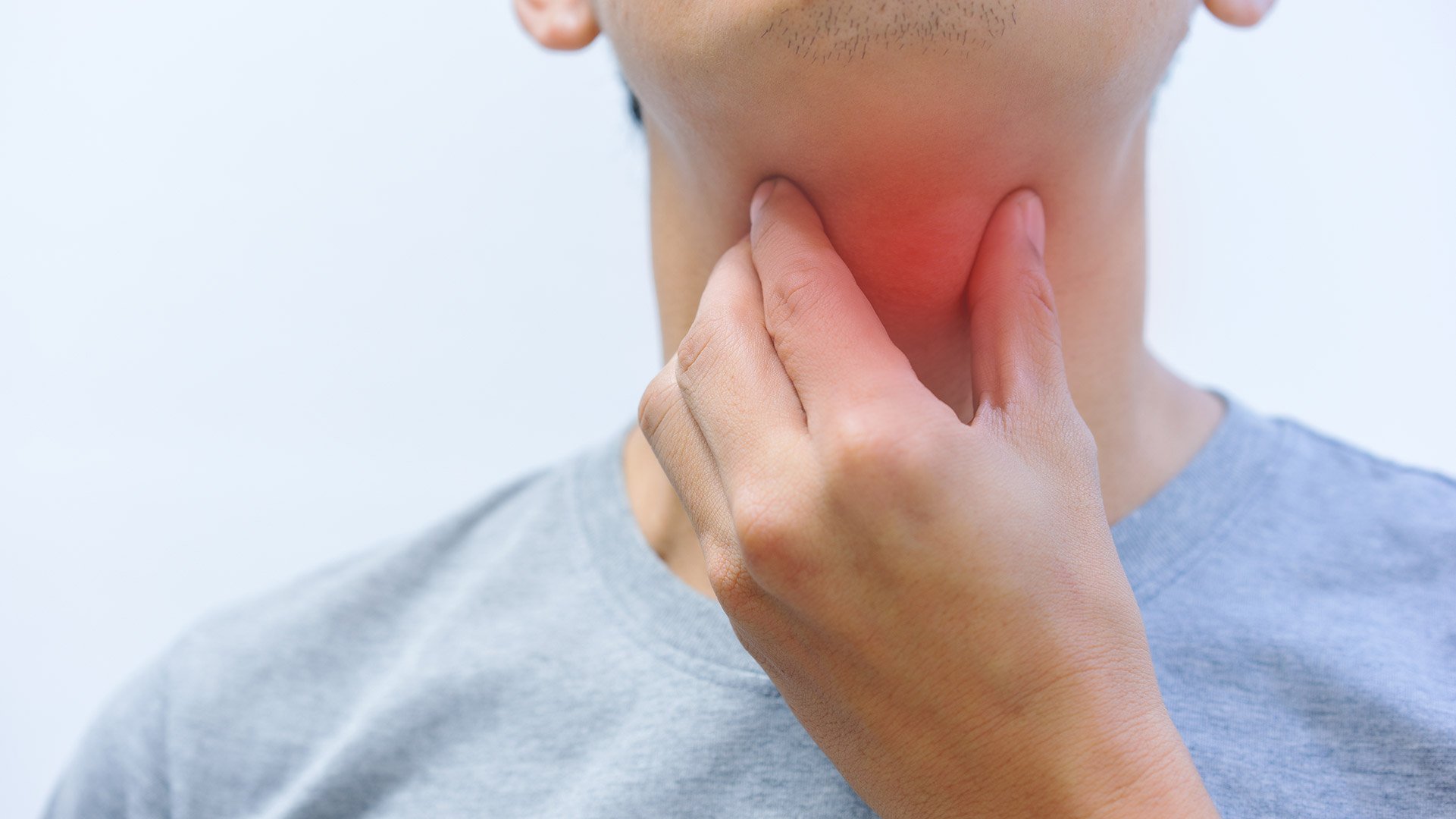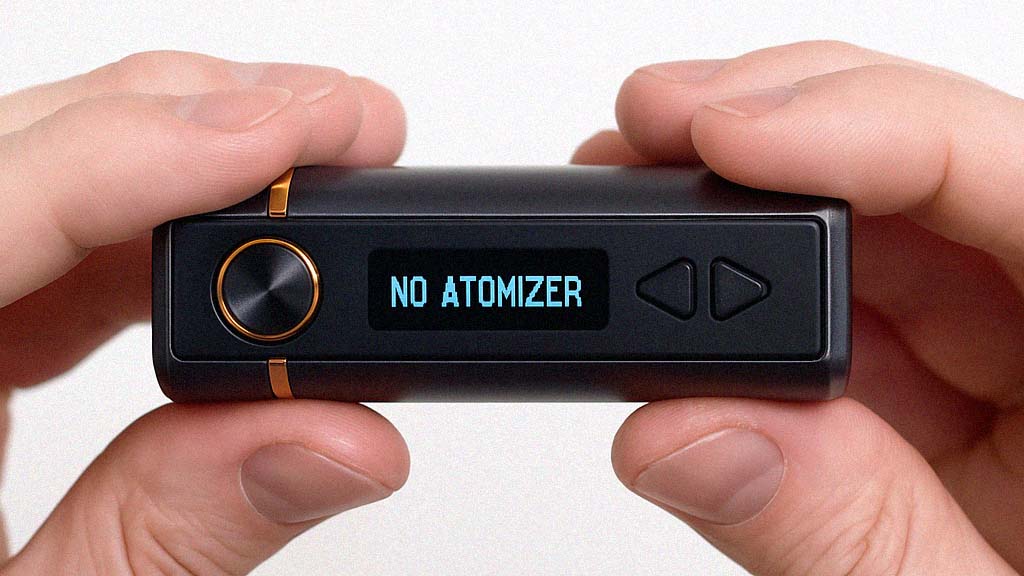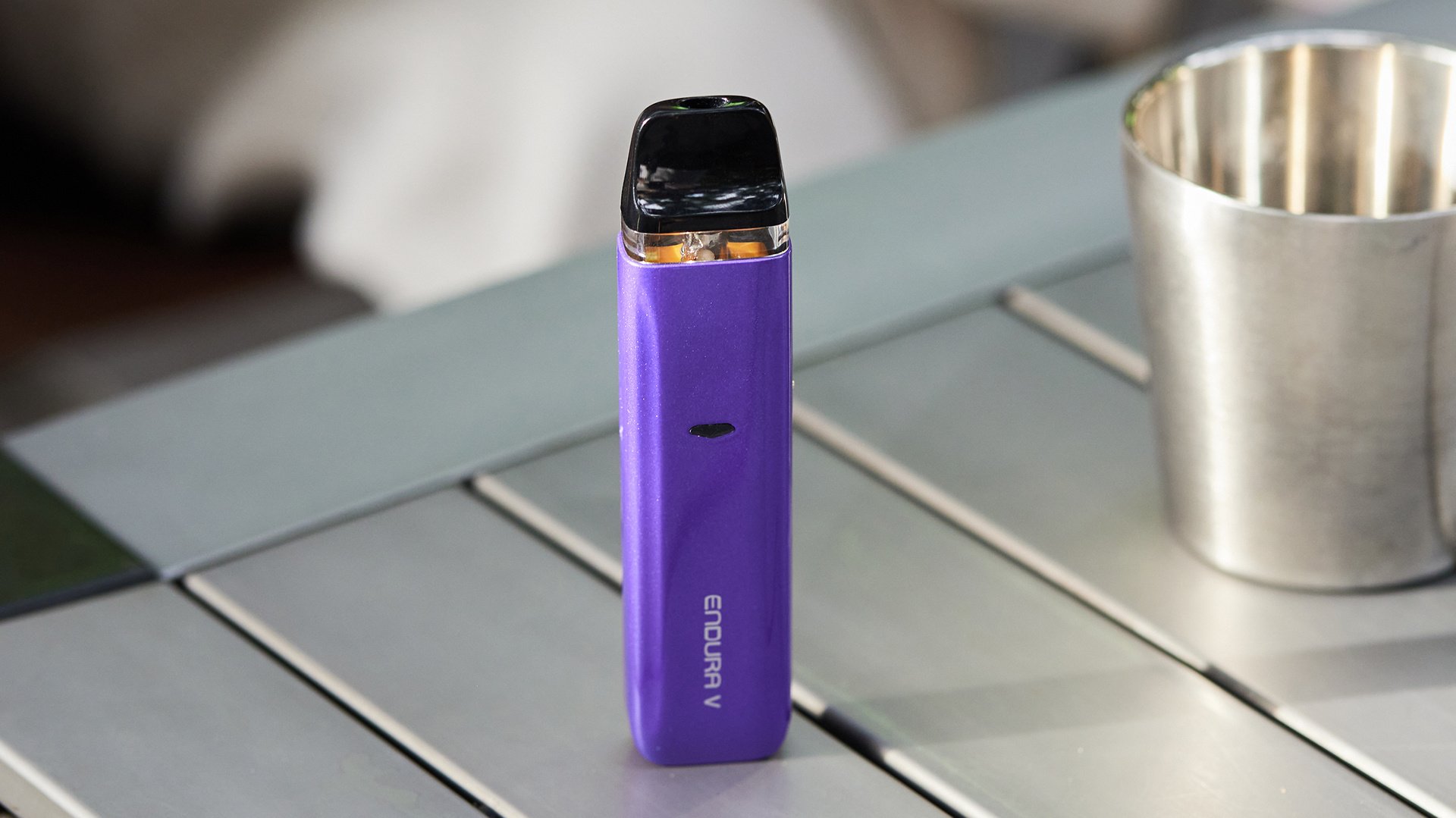Tens of millions of people around the world have used vaping to help themselves quit smoking, and the main reason for that is because vaping is pleasurable in ways that other forms of nicotine replacement aren’t. People don’t just smoke cigarettes for the nicotine; they also smoke because they enjoy it. If the only reason why people smoked was to satisfy their nicotine cravings, smoking would have become extinct as soon as the first nicotine gum appeared on the market. Vaping works because it bridges the gap between smoking and traditional forms of nicotine replacement.
The reason why we’re saying these things is because there are some people in the world for whom vaping isn’t as pleasurable as it should be. Those people find that they experience a sore throat from vaping or that vaping makes them cough. A vaping sore throat or cough isn’t normal at all, and it can suck all of the enjoyment out of your experience.
We don’t want that to happen – so in this article, we’re going to provide some advice that can help you get to the root of the problem. We’re going to explain how to cure a sore throat from vaping, and we’re also going to talk about the possible root causes of a vaping cough and describe the things that you can do to make vaping as enjoyable as it’s supposed to be.
Why Can Vaping Cause Coughing or a Sore Throat?
Let’s start by discussing the root causes of the issue. Why can vaping potentially cause you to cough or experience a sore throat? These are the most likely causes.
- You’re coughing because your lungs are going through a natural clean-out process that happens with you quit smoking (See: Mayo Clinic) or because you need a little time to get used to the fact that smoking and vaping feel a little different from one another.
- You’re using a nicotine strength that’s either too high for your personal needs or too high for your vaping hardware. You could also be using salt-based nicotine or freebase nicotine when the other type would be more appropriate for you (See: Frontiers in Pharmacology).
- You could be using an e-liquid that’s high in propylene glycol when an all-vegetable glycerin or 50/50 e-liquid would be more appropriate for you due to an allergy or sensitivity (See: Dermatitis) or because of your personal preference (See: Nicotine and Tobacco Research).
- You could be experiencing throat dryness due to the water-absorbing properties of propylene glycol and vegetable glycerin (See: International Journal of Molecular Sciences).
- You could be experiencing harshness or “dry hits” because your device’s power level is set too high (See: International Journal of Environmental Research and Public Health).
- You could be experiencing a burnt flavor because you’re using an old coil or pod that needs to be replaced.
Now that you understand the potential causes of coughing or a sore throat from vaping, let’s talk about the solutions.

How to Cure a Vaping Cough or Sore Throat?
1. Reduce Your Nicotine Strength
Some e-liquids and disposable vapes have very high nicotine strengths, and it’s possible that the strength you’re using isn’t right for you. If you feel an overwhelming sensation of throat hit when you vape, you should consider switching to a lower nicotine strength.
In order for you to enjoy vaping to the fullest possible extent, it is absolutely crucial for the nicotine strength of your e-liquid to be right for your needs. If your nicotine strength is too low, you won’t find vaping satisfying – but you can easily rectify that by vaping more often or by switching to a higher nicotine strength. If your nicotine strength is too high, though, you may not be able to vape at all because you’ll cough or experience a sore throat when you try to inhale the vapor. Does vaping cause you to experience a throat hit that’s even more intense than what you feel when smoking a cigarette? It’s very likely that your nicotine strength is too high. Learn more about how to choose the right e-liquid nicotine strength.
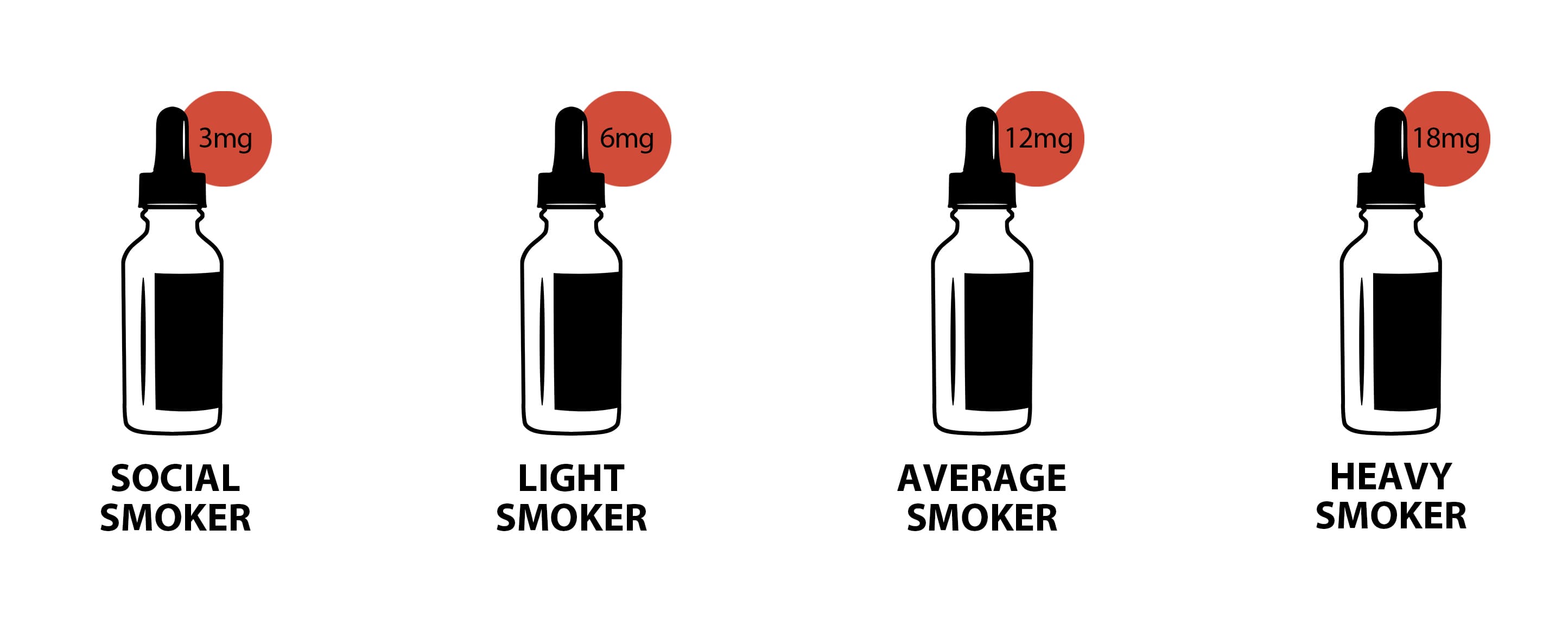
2. Try Nicotine Salt E-Liquid
At high nicotine strengths, freebase nicotine e-liquid can cause a scratchy sensation in the throat that some people find unpleasant. Nicotine salt e-liquid tends to be smoother and may provide a more enjoyable experience.
Vape juice brands make e-liquid with two kinds of nicotine: freebase nicotine and nicotine salt. In some regions – such as the United States and Canada – nicotine salt is used primarily for e-liquids with higher nicotine strengths. Lower-strength e-liquids usually use freebase nicotine. In the United Kingdom and Europe, though, it’s common to find high-strength e-liquids with both nicotine types. If that’s the case where you live, you’ll need to choose the nicotine type that’s most enjoyable and satisfying for you. Some people find that high-strength freebase nicotine e-liquid causes a sore throat or makes them cough. If that’s true for you, try nicotine salt instead. Because it’s less alkaline than freebase nicotine, many people find that it tends to be smoother.
Did you find yourself asking, “What is salt nicotine?” when reading the information above? Click the link for a primer on nicotine salt e-liquid.
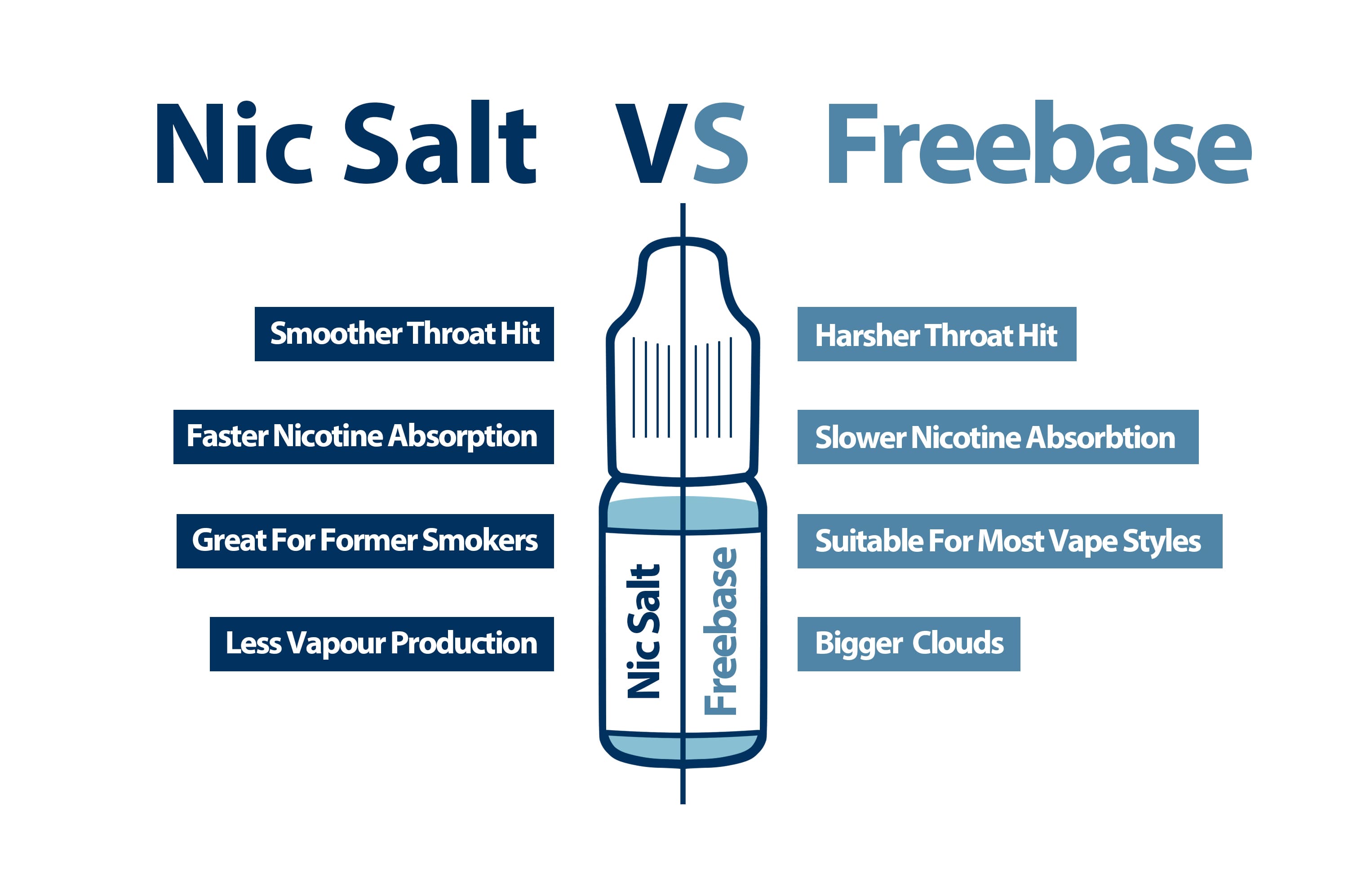
3. Try an E-Liquid with More Vegetable Glycerin
E-liquids have different balances of vegetable glycerin (VG) and propylene glycol (PG). Some people find high-PG e-liquids irritating to the throat, so you might want to try a vape juice containing at least 50-percent VG.
Vegetable glycerin (VG) and propylene glycol (PG) are the two bases that are used to make e-liquid. In a typical bottle of vape juice, only about 10-15 percent of the contents are flavors and nicotine. The rest is a blend of VG and PG. VG and PG have different properties. VG tends to produce bigger vapor clouds, for instance, while PG is a better carrier of flavors.
Because VG and PG both have desirable characteristics, e-liquid tends to contain a blend of both. PG does have one characteristic, however, that some people don’t enjoy: it tends to create a slightly scratchy sensation in the throat. Some people interpret that sensation as a satisfying throat hit. Others, though, interpret it as throat soreness. If you fall into the second group, you should consider trying an e-liquid with a higher percentage of VG. It’s even possible to find e-liquids containing no PG at all.
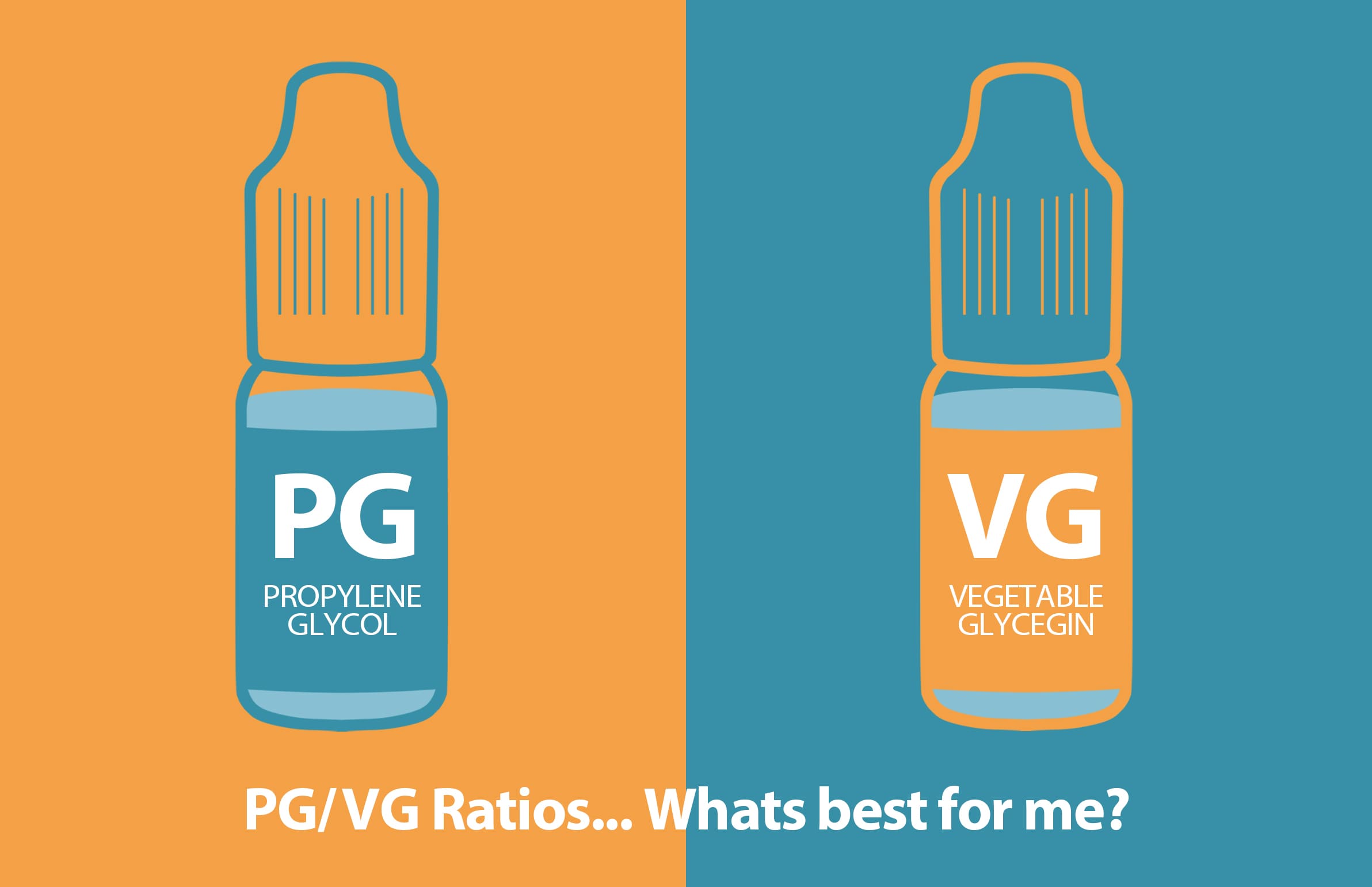
4. Consider Whether You Have a Case of “Quit Cough”
It’s common for people to cough when they first stop smoking because of the lungs cleaning themselves out. A “quit cough” is normal and usually subsides within a few days.
Many new vapers make the commitment that they’re going to stop smoking for good as soon as they buy their first vaping devices. It’s common, though, for long-term smokers to temporarily experience increased coughing when they first quit smoking. That’s often true even for those who switch directly from smoking to vaping. The increased coughing happens because the cilia in your lungs become more active when you’re no longer filling your lungs with smoke. Your lungs immediately start working to clear out the tar, and that causes you to cough.
With that in mind, a “vape cough” that occurs when you first stop smoking may not actually have anything to do with vaping at all. If you’re concerned that the coughing may be a sign of a more serious problem, you should speak to your doctor. Otherwise, you most likely have nothing to worry about. The coughing should subside after a few days.
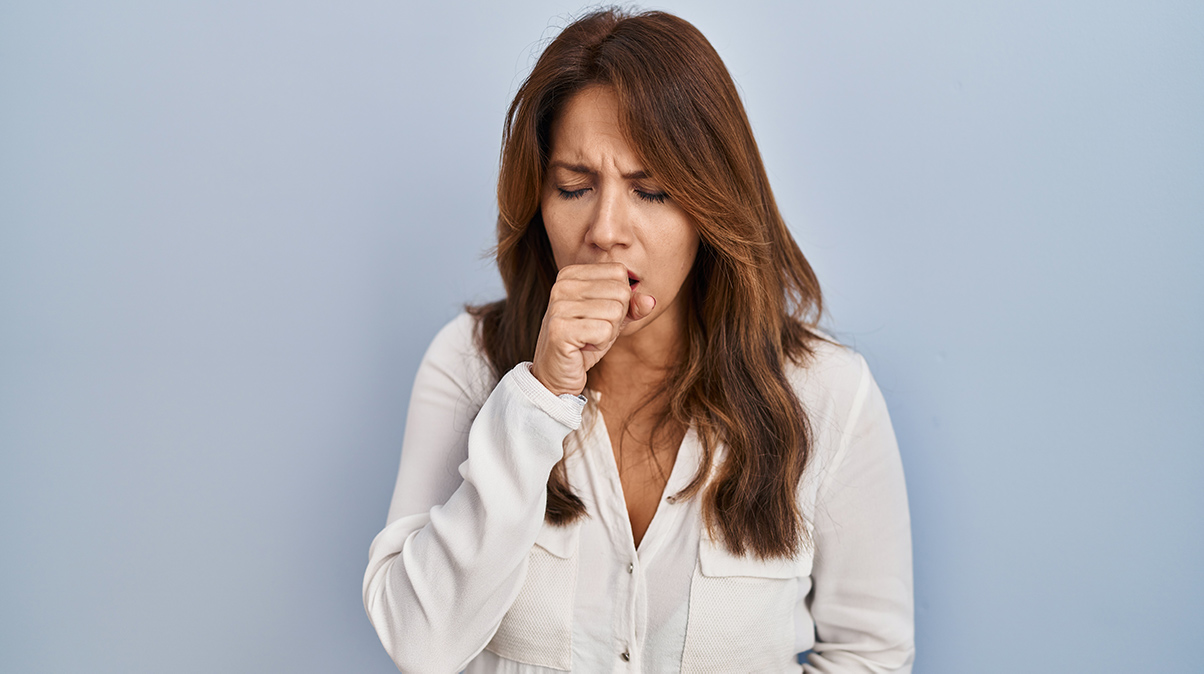
5. Change Your Inhaling Style or Adjust Your Vape’s Airflow
You may cough when you vape if your device doesn’t have the right airflow for your preferred inhaling style (mouth to lung or direct to lung). Some devices have adjustable airflow to mitigate this issue.
One of the most important things to know when you shop for your first vape kit is that a vaping device can be designed for either mouth-to-lung or direct-to-lung inhaling. When you look at the devices that we manufacture here at Innokin, you’ll notice that our product descriptions always explain what the devices’ intended inhaling styles are. That way, you’ll be certain that the device you ultimately end up buying will be perfect for you.
Let’s suppose, though, that you bought your first vaping device without first confirming its intended inhaling style. In that case, you could find that vaping makes you cough because your device’s airflow characteristics aren’t appropriate for your preferred inhaling style. Your best option is to buy a vaping device that’s designed for the inhaling style you want. Until then, though, you can also try adjusting your current device’s airflow to make it tighter or looser.

6. Increase Your Water Intake
The ingredients in e-liquid can absorb water from your mouth and throat, potentially causing throat soreness. You should always do your best to stay hydrated when you vape.
One of the characteristics that vegetable glycerin and propylene glycol share is that they’re both humectants – they attract and trap moisture. Because VG and PG have that property, some people find that vaping sometimes tends to make them feel dehydrated. Dehydration, of course, can cause you to experience a sore throat when vaping. If you experience other symptoms of dehydration when vaping – such as a dry mouth or chapped lips – there’s a good chance that you’re not getting as much liquid as you require. Luckily, there’s an easy way to fix that: Make a concerted effort to drink more water during your vaping sessions.
7. Reduce Your Device’s Power Level
If your vaping device has adjustable power, reduce the wattage if vaping gives you a sore throat or makes you cough.
The final reason why vaping might give you a sore throat or make you cough is that your device’s power level is set too high. Having a vape mod with adjustable power is a great thing if you’re an advanced vaper because it gives you the ability to customize your vaping experience and enjoy exactly the warmth and intensity that you want. The negative aspect of using a vaping device with adjustable wattage, though, is that it’s possible to set the wattage too high.
Every vape coil has a suggested power range in watts etched into the side of its casing. You’ll also find the suggested wattage range for a vape coil in its box. Manufacturers test the coils for their vape tanks to determine the power ranges in which they can operate reliably. Although you might be tempted to operate your vape tank at a higher than its recommended power range in order to get the biggest vapor clouds possible, the fact is that you’re likely to burn your coil’s wick if you’re too aggressive with your power settings. A burnt vape coil doesn’t just give you poor flavor quality; it’s also very likely to give you a sore throat. Always make sure that your vape mod is set to a power level within your coil’s suggested wattage range.
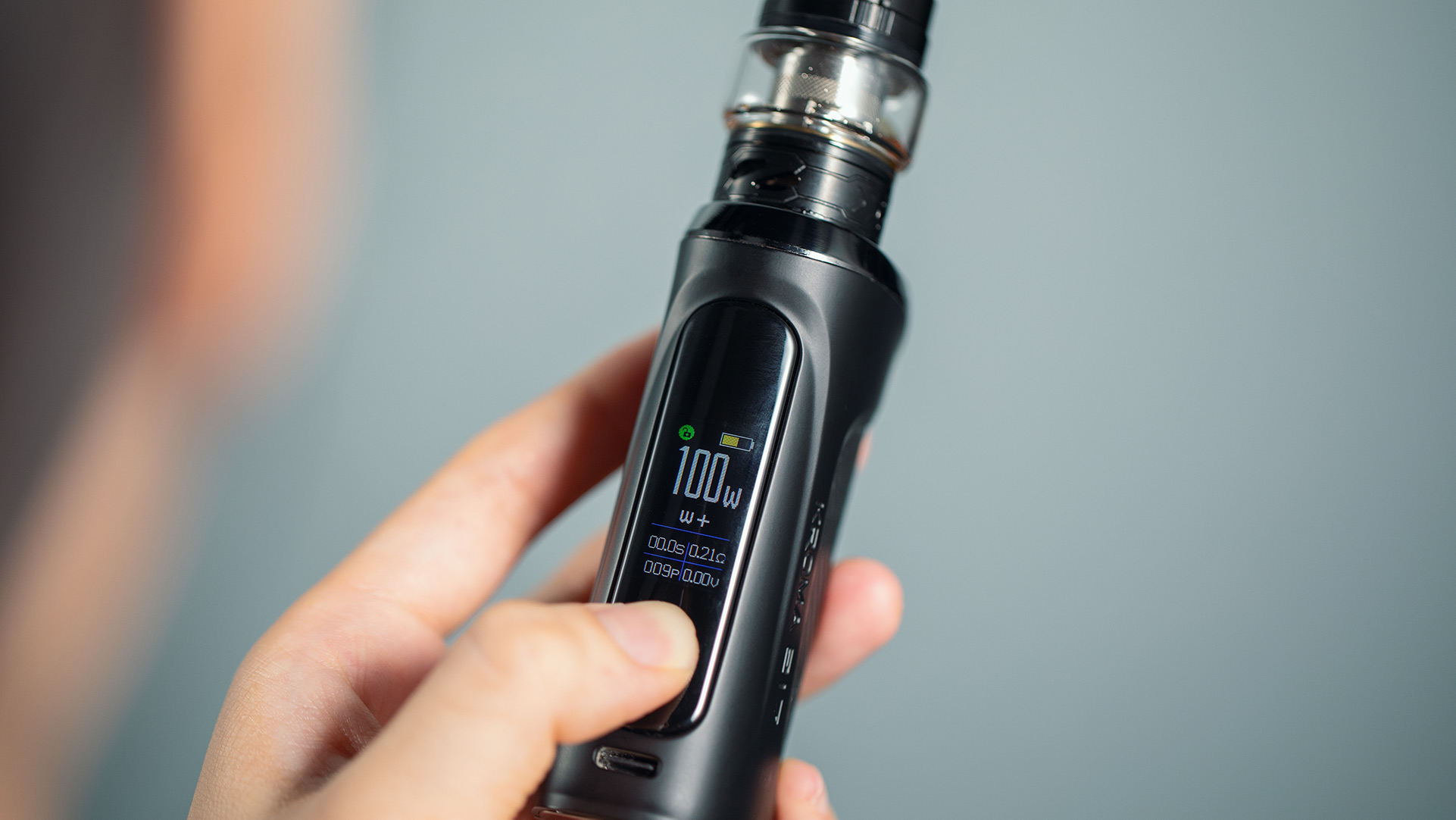
8. Consider Trying an All-VG E-Liquid
A few people are allergic to PG-based e-liquids and need to use VG-only e-liquids to avoid triggering their allergies. If you were allergic to PG, though, it’s likely that you would already know due to the large number of products that include it as an ingredient.
Although it isn’t common, there are some people who are allergic or sensitive to propylene glycol (PG). That can potentially be a problem since PG is one of the most prevalent ingredients in vape juice. If you have a PG allergy or sensitivity, you might experience coughing or a sore throat when you vape.
Some people with PG allergies also experience topical symptoms such as redness and itching when coming into contact with PG. If you experience any of these symptoms around your mouth, it’s a potential sign that you should consider changing your e-liquid.
The good news about PG allergies is that they aren’t common. PG is used in an enormous variety of products that most people consume or apply to their skin every day. Some of the products that commonly include PG include deodorants, haircare products, cosmetics, shelf-stable foods and drinks, eyedrops, air fresheners and more. Because PG is so prevalent in consumer products, there’s a good chance that you would already know if you were allergic to it.
If you think that you might be allergic or sensitive to PG, you should consider switching to an e-liquid that uses only vegetable glycerin (VG) as a base and contains no PG. Learn more about PG vs. VG.
When you shop for a VG-based vape juice, it’s important to remember that the terms “Max VG” and “100% VG” are not the same. A Max VG e-liquid contains a high percentage of VG but may still contain some PG for compatibility with smaller vaping devices or because the e-liquid uses PG-based flavorings. Look for an e-liquid with “100% VG” on the label if you want to avoid consuming even small amounts of PG.
9. Replace Your Coil or Pod
When a coil or pod gets very old, residue from your e-liquid will cause it to produce a burnt flavor that may irritate your throat. Replace your coil or pod when your vape’s flavor quality begins to decline.
It’s important to remember that the way you vape isn’t the only thing that can contribute to coughing or a sore throat; the condition of your equipment is equally important. Every vape coil has a finite life, and a coil eventually burns out and must be replaced.
How long a vape coil lasts depends partially on how you vape, and the type of e-liquid that you use also affects a coil’s life.
These are the three factors that can lengthen or shorten a coil’s life.
- How much e-liquid you use. Pod systems don’t use as much e-liquid as vape mods, so their coils tend to last longer.
- What type of e-liquid you use. Sweetened e-liquid contains sucralose, which creates a residue that covers the coil’s heating surface and creates a burnt flavor.
- Your vaping wattage. If you use a vape mod that operates at a very high wattage, your coils will burn out more quickly.
On average, a vape coil lasts a few days before it requires replacement, although you may begin to taste a burnt flavor sooner than that if you have a powerful vape mod and use very sweet e-liquid. A vape coil that’s badly burnt can cause throat irritation, so replace your coil or pod right away when the flavor quality begins to suffer.

Coughing Is Common for New Vapers, so Be Patient
If you’re new to vaping and find that it seems to be making you cough – and you’ve gone through the tips in this article and found that none of them seem to apply to you – you probably shouldn’t make any major changes until you’ve been vaping for at least a few days. Many people experience temporary coughing when they first switch to vaping simply because it doesn’t feel the same as smoking. Also, some cigarettes may contain tobacco processed with ingredients that suppress coughing – and e-liquid doesn’t have those same ingredients. You’ll get used to the slightly different sensation of vaping very quickly.
Hemok Wang
Hey! Hemok here, a vaping enthusiast with a passion for helping people quit smoking. My uncle was diagnosed with lung cancer a few years ago after smoking for more than 40 years. I do understand that quitting smoking isn't only a physical issue but also a mental one. It's just hard to go "cold turkey". I believe that vaping is one of the best solutions to make the switch only if you do it in the right way, and that's why I am here to share :)


